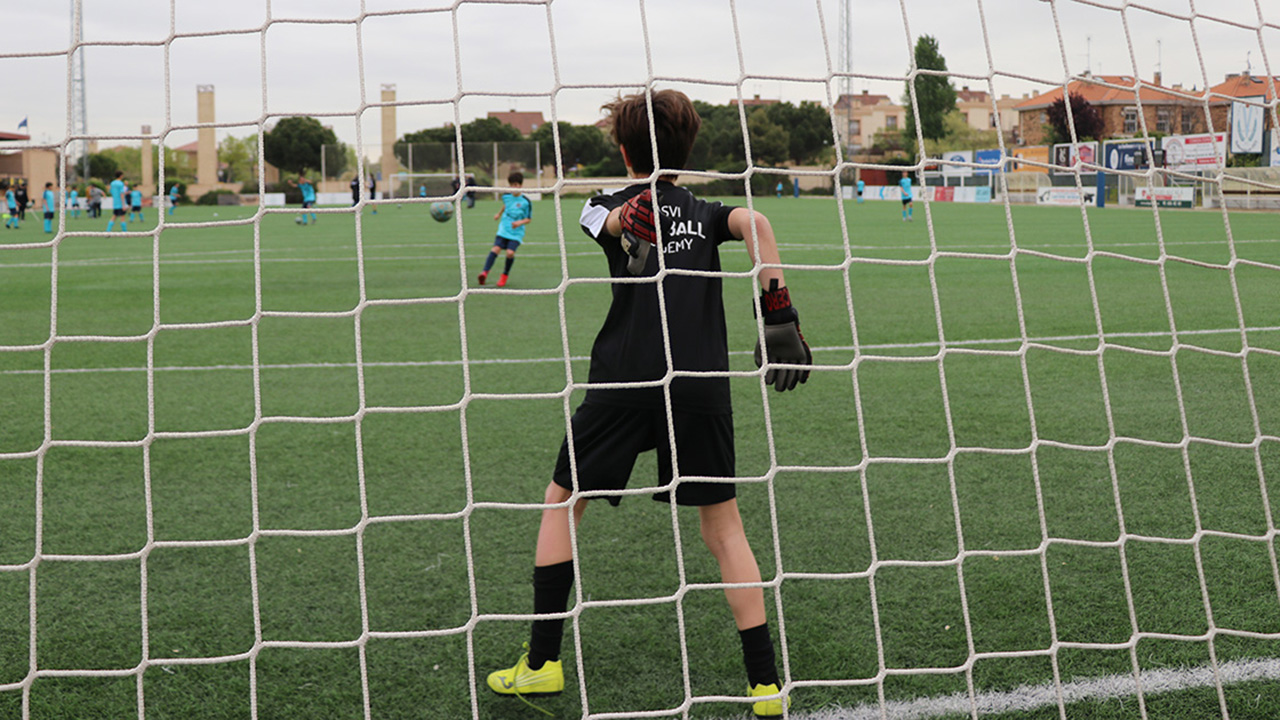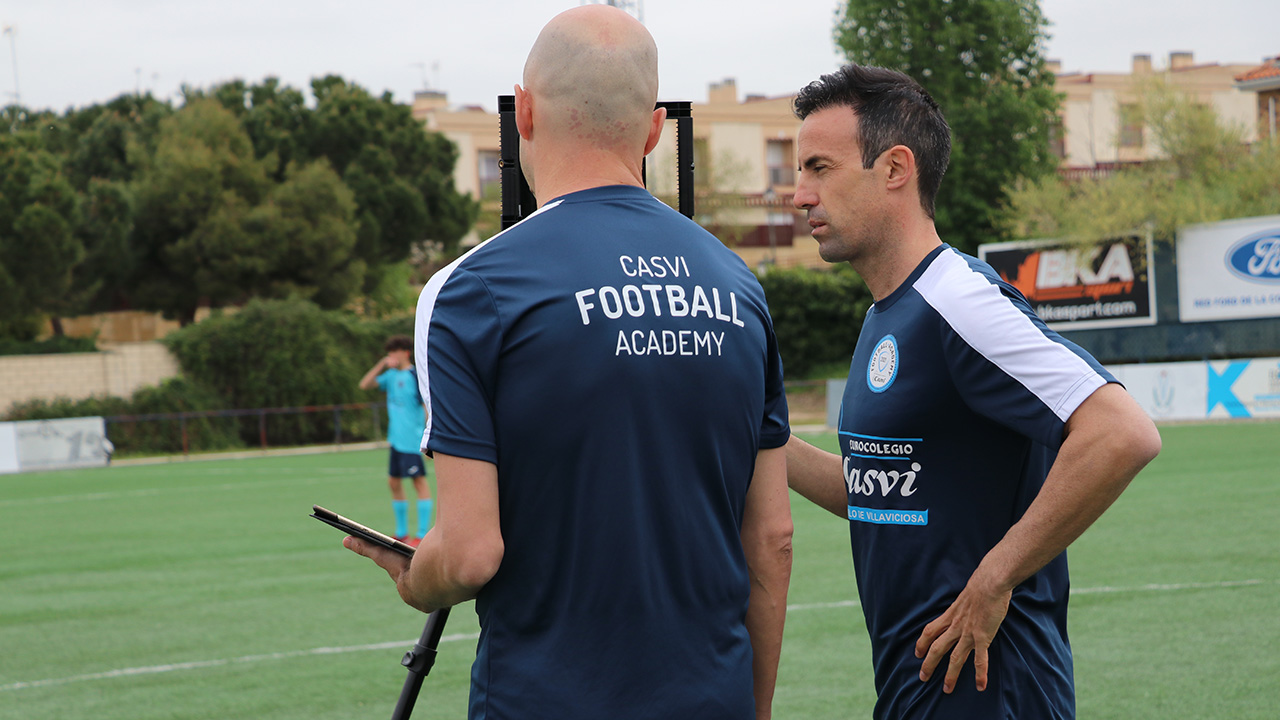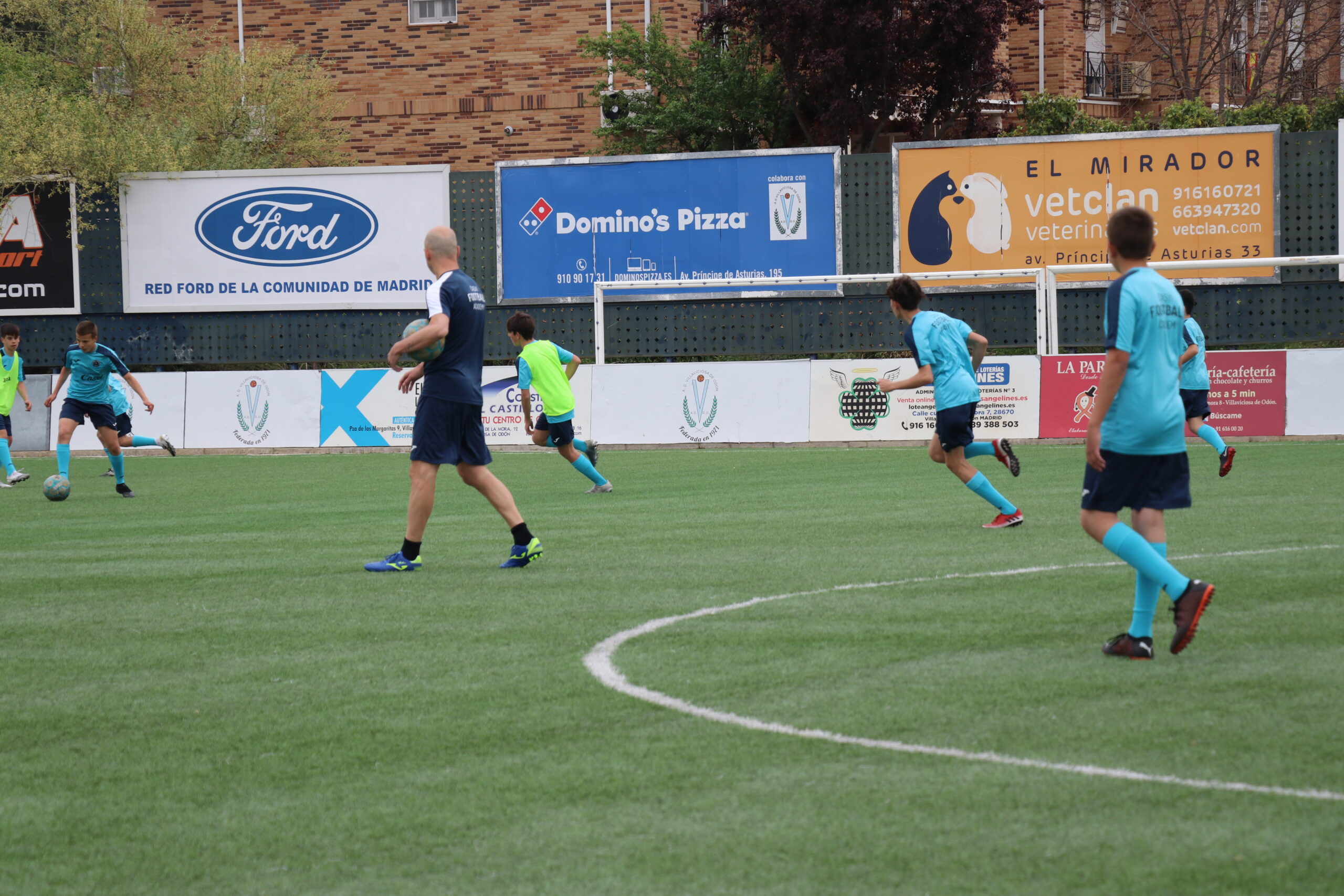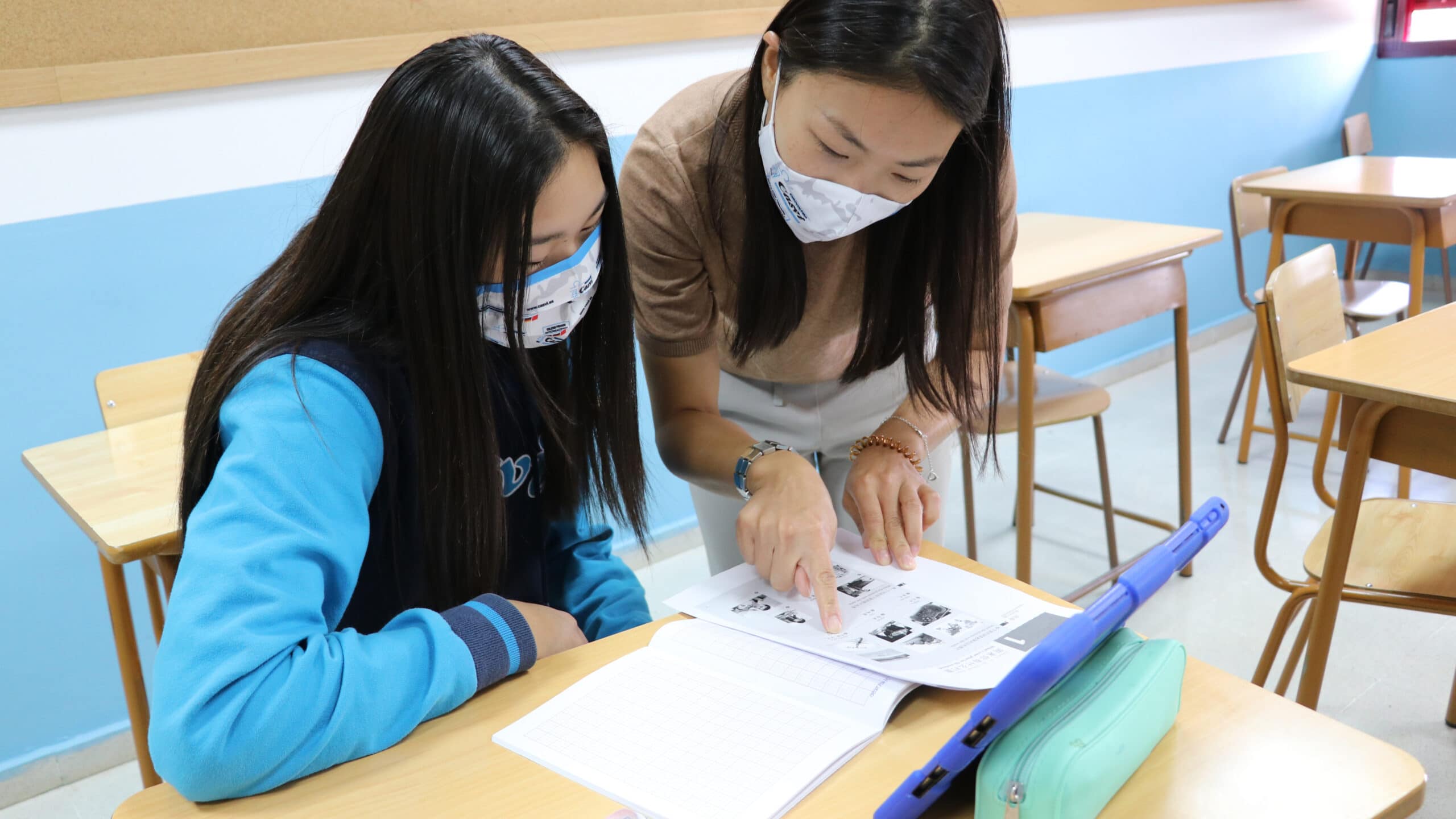
How to plan our time
Keys to academic and sporting success
Educational learning activities at both Colegio Privado Internacional Eurocolegio Casvi and Casvi International American School do not only consist of giving information, explaining concepts and proposing exercises to check if they are understood. We also work on the different study techniques or methods that can be used to make the effort used profitable. Something that is totally compatible with sports learning and, therefore, with Casvi Football Academy. The question is: How do we plan our time? Starting from the premise that our International Baccalaureate methodology favours it, it is a fact that the teaching of study skills has a marked effect on students’ learning.
That is why, from the Guidance Department, they offer us these keys to achieve academic success:
General guidelines for planning our time in the classroom
“One hour of class equals one hour of study”. In addition:
- Before the classes you should carry out a pre-reading of the subject to be taught and prepare the material you will need.
- During the lessons you should be attentive and concentrated. You should also take notes, annotations, clarifications… And of course, ask any questions you may have.
- After the classes:
Understand all the information
Synthesise it by making diagrams, summaries, concept maps, flow charts…
Memorisation: Acquisition, retention and recall.
Special study guidelines
- The study space should be fixed and the timetable should be fixed.
- The temperature of the room should be constant (between 18 and 22 degrees Celsius). It should also be ventilated from time to time, as the brain’s performance is very sensitive to the level of oxygen.
- At the same time, the study table should be clean and tidy with nothing to distract and make you lose concentration. It should be large enough to accommodate all the material necessary for active and effective study.
- Finally, the chair should be comfortable but not too comfortable, as too much comfort can have a negative influence on performance.
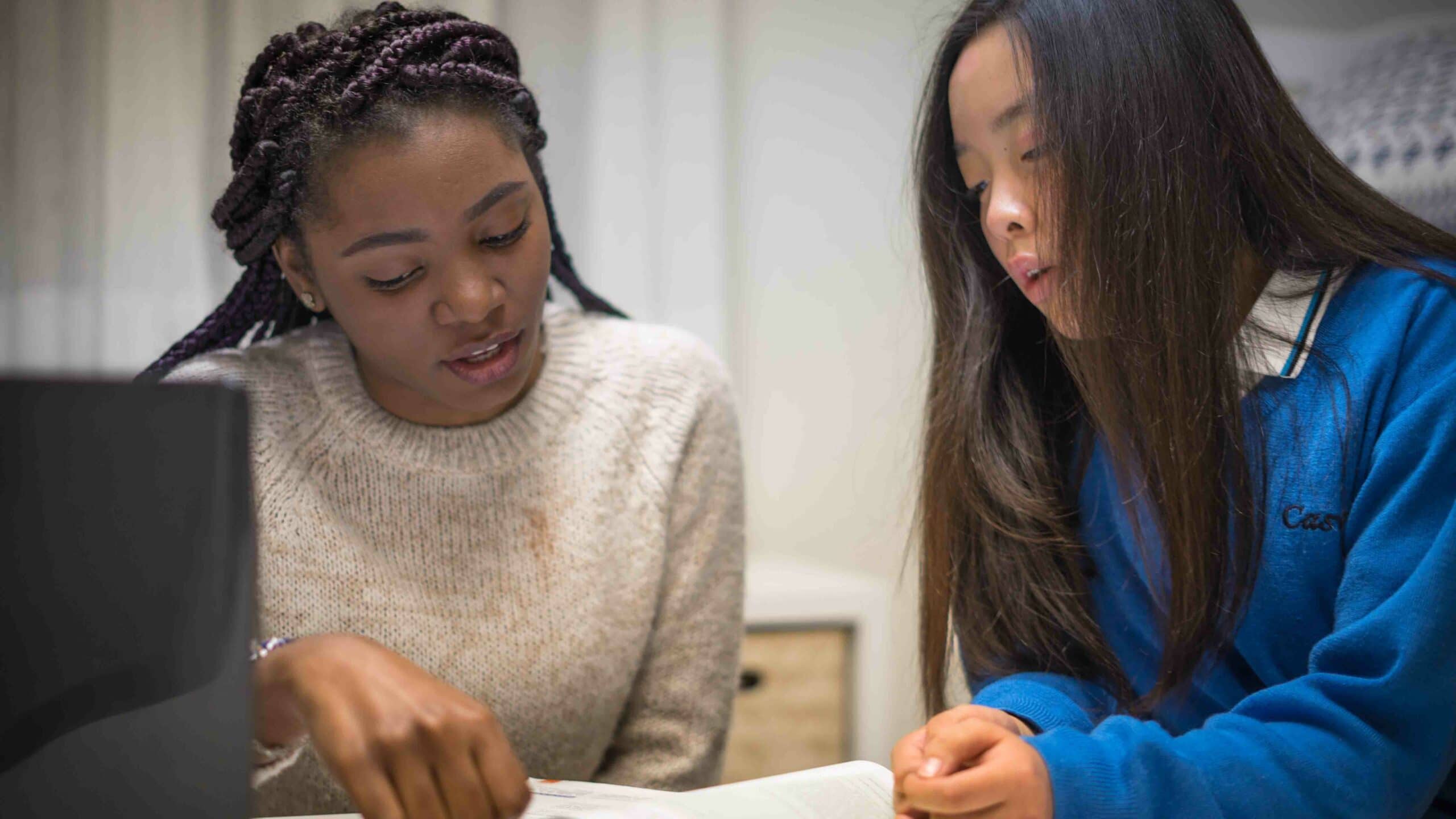
How can we avoid passivity in planning our time?
Planning should be:
- Personal. Not all learners need to devote the same amount of time to study.
- Useful, realistic and simple, at a glance.
- There should be time in reserve in case of unforeseen situations.
- Good planning clarifies ideas and helps you to remember them.
- Study time should be divided into maximum sessions of 50 minutes. Sessions should be interspersed with rest periods of 10 or 15 minutes.
- Finally, it is advisable to schedule medium-difficulty activities first. Then, with those of high difficulty. To finish with the simplest tasks.
In order for the above steps to be successful, study time must also be spread out over the course. It is forbidden to study on the days before the exam.
Final formula for academic success
According to the psychologist and educationalist Bernabé Tierno:
School success = Ability + Interest + Study techniques + Time spent + Persistence + Self-confidence. Think about which of these variables you can increase.
Formula for planning our time in the sporting sphere
At Casvi Football Acacemy, for the development of all abilities, the method is structured according to different models of both daily and weekly planning. A planning that, in turn, is broken down into training, physical preparation, psychological preparation, nutrition and competition.
This sporting methodology, with its corresponding work cycles, is perfectly compatible with the academic timetable. Flexibility is a maxim. The aim is to adapt to the needs of the students and find the perfect balance between their academic and sporting development.
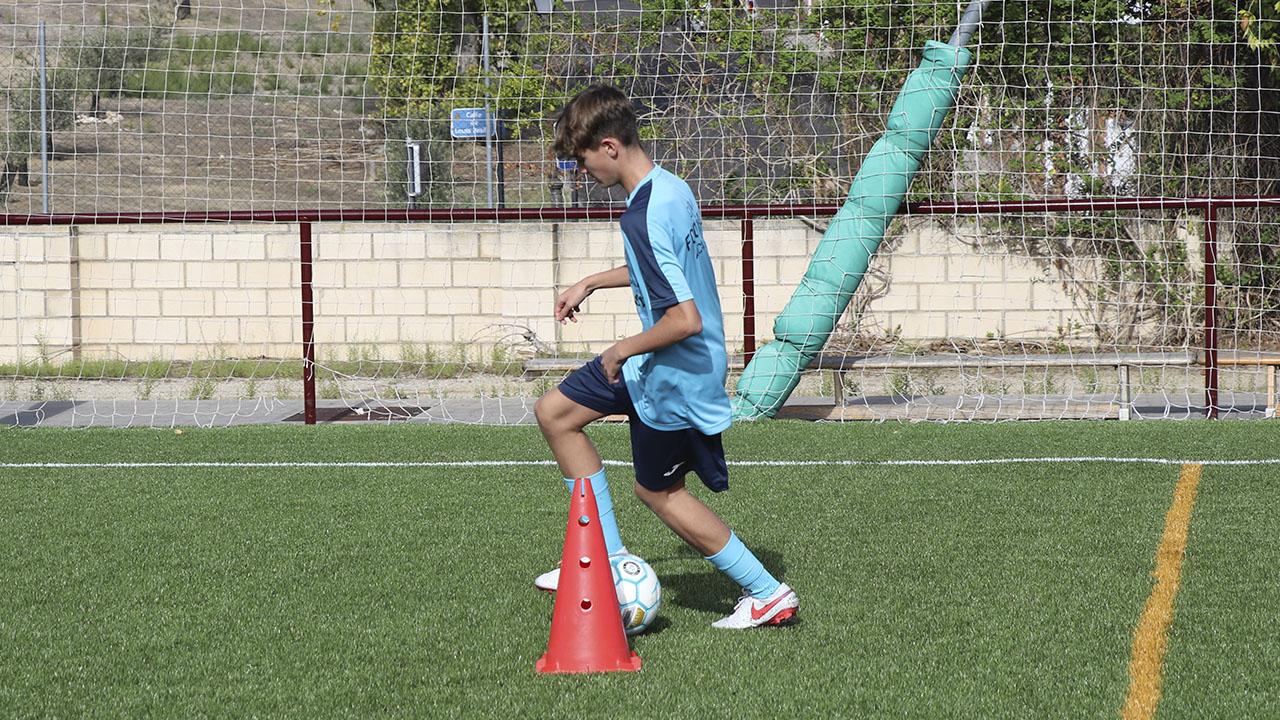
The work cycles are also marked by the competition periods and their design is always defined in advance. However, they can also be subject to adaptations, depending on the two previous factors.
Thus, the controlled and programmed sports work allows the youngsters to be introduced, from the very first moment, to the systematic and rigorous way of working in a professional club.
